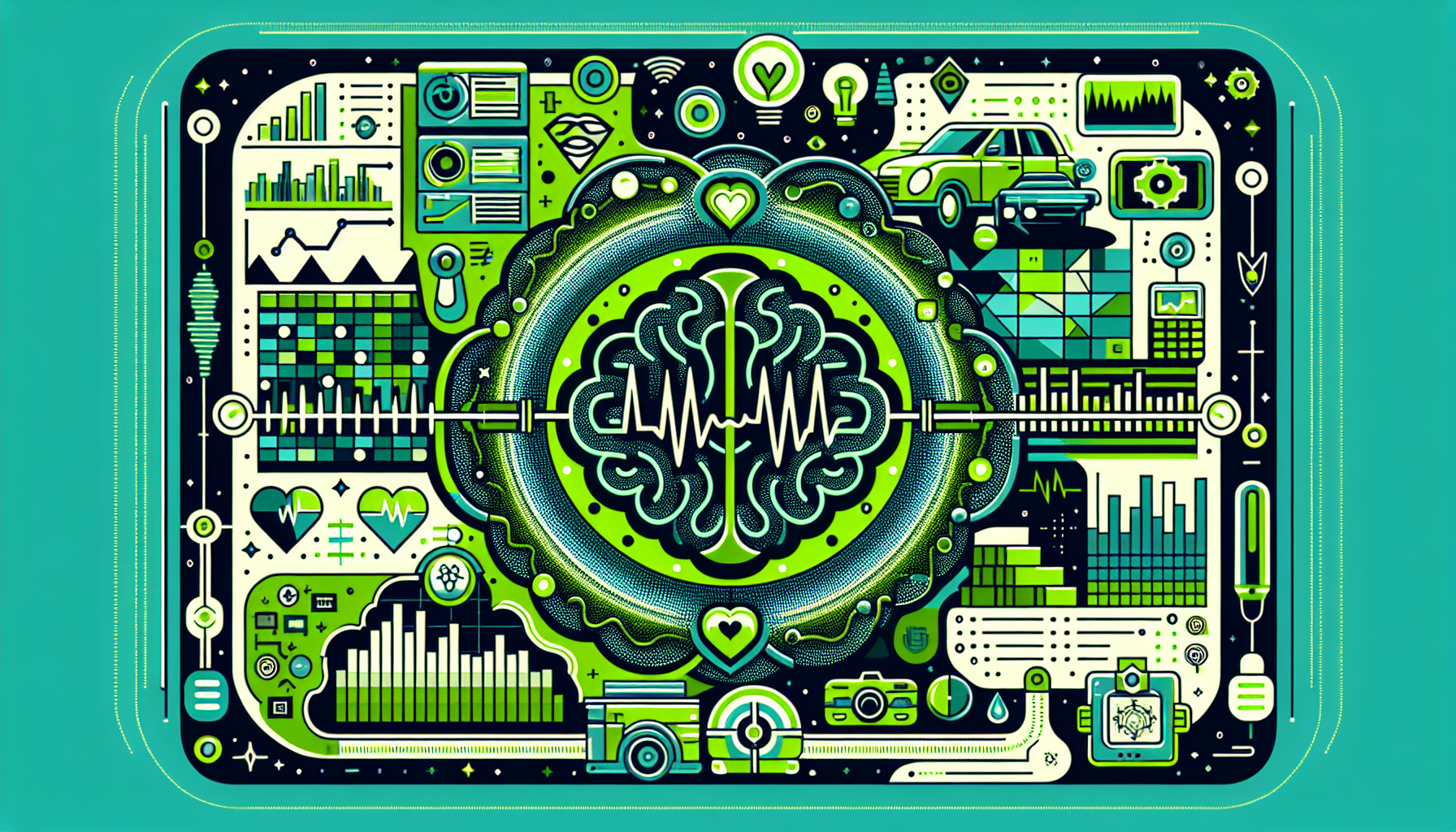Deep learning software to decode EEG, ECG or MEG signals
Why it matters
- The newly released software leverages advanced deep learning techniques to enhance the decoding of complex bio-signals.
- Improved accuracy in interpreting EEG, ECG, and MEG signals could have significant implications for medical diagnostics and research.
- This development opens new avenues for brain-computer interface technology, potentially revolutionizing how we interact with machines.
The field of neuroscience and medical diagnostics is on the brink of a significant transformation, thanks to the introduction of a sophisticated deep learning software package designed to decode electroencephalogram (EEG), electrocardiogram (ECG), and magnetoencephalogram (MEG) signals. This software, named Braindecode, is a pivotal advancement that harnesses the power of artificial intelligence to decode complex brain and heart activity more accurately than ever before.
Braindecode stands out by employing state-of-the-art deep learning algorithms, allowing researchers and medical professionals to interpret vast amounts of physiological data with unprecedented speed and precision. The software is particularly adept at identifying patterns within the noisy signals generated by the brain and heart, which has historically posed significant challenges in both clinical and research settings.
One of the key benefits of Braindecode is its ability to improve the accuracy of interpreting bio-signals. By utilizing deep learning techniques, the software can discern subtle variations in the data that traditional methods might overlook. This increased sensitivity not only enhances the reliability of diagnoses but also holds the potential to uncover new insights into neurological and cardiovascular conditions.
The implications of this technology are far-reaching. For instance, in the context of EEG signal analysis, Braindecode can aid in the diagnosis of conditions such as epilepsy and other seizure disorders. By providing a clearer picture of brain activity, clinicians can make more informed decisions regarding treatment options, ultimately improving patient outcomes.
Moreover, the software's application is not limited to clinical settings; it has vast potential in research environments as well. Researchers can utilize Braindecode to analyze experimental data more effectively, leading to new discoveries in neuroscience. The ability to decode complex signals with high fidelity opens up new avenues for understanding brain function and its relation to behavior.
Another area where Braindecode shines is in the realm of brain-computer interfaces (BCIs). As researchers strive to create systems that allow direct communication between the brain and external devices, the accurate interpretation of EEG signals becomes crucial. Braindecode's advanced capabilities could enable the development of more intuitive and responsive BCIs, facilitating better interaction for individuals with mobility impairments or those seeking enhanced human-computer interaction.
In addition to its technical prowess, Braindecode is designed with accessibility in mind. It offers a user-friendly interface that allows both novice and experienced users to navigate its features easily. This inclusivity means that a broader range of professionals can harness the power of deep learning in their work, fostering collaboration and innovation across disciplines.
The open-source nature of Braindecode also encourages community engagement and contribution. Researchers and developers are invited to contribute to its development, ensuring that the software evolves to meet the changing needs of the scientific community. This collaborative approach not only enhances the software but also promotes the sharing of knowledge and best practices within the field.
As the demand for more sophisticated analytical tools continues to grow, the introduction of Braindecode is timely. Its advanced capabilities are likely to play a critical role in the ongoing evolution of medical diagnostics and research methodologies. By bridging the gap between complex data and meaningful interpretation, this deep learning software stands to make a significant impact on both patient care and scientific discovery.
In summary, Braindecode represents a leap forward in the decoding of EEG, ECG, and MEG signals. Its ability to provide more accurate and nuanced interpretations of bio-signals could transform how medical professionals diagnose and treat a variety of conditions, while also advancing research in neuroscience. As the software gains traction, it is poised to propel forward the integration of artificial intelligence in healthcare and research, setting the stage for a future where technology and medicine work in harmony to improve human health.











